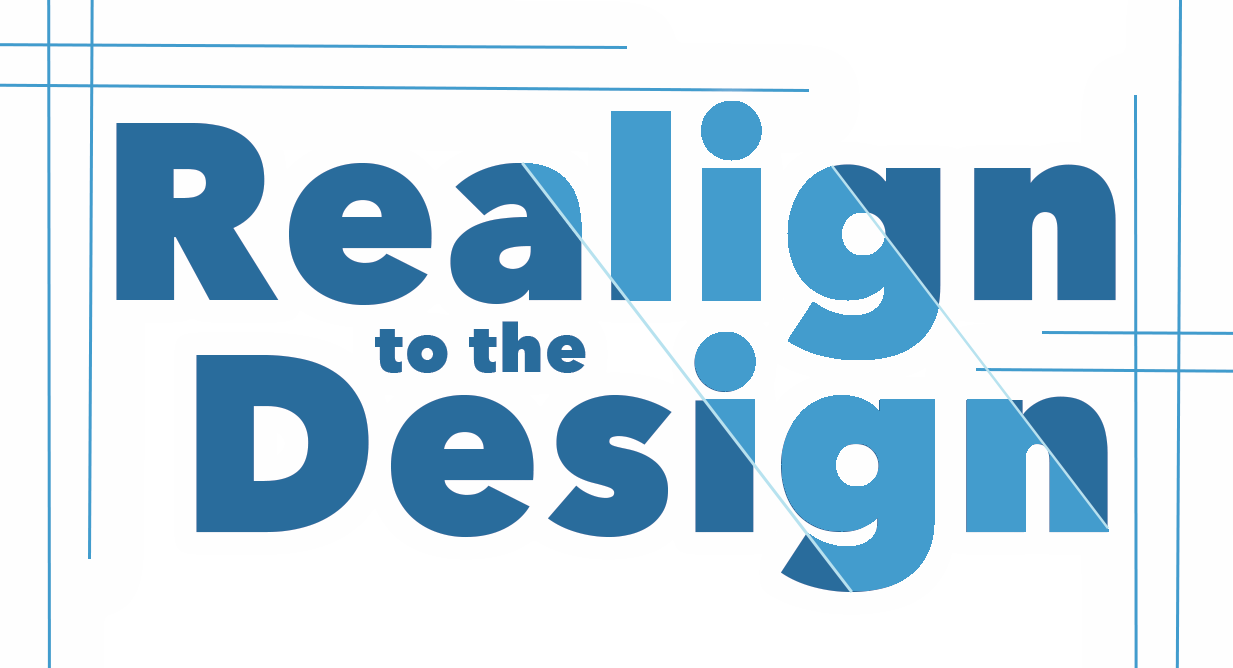I'll start with the 'full disclosure': my wife and I take supplements (we have for 25 years, since Becky's first round of cancer, through two additional rounds, and now through advanced heart failure resulting from the cancer treatments), and starting less than a year ago, we also sell them. Just wanted to let you know of my bias up front.
Half the people in this country think they are a good enough idea that they buy and take them. Is it worth it? That depends...
First it depends on if you think we even need them. Some say we can get all we need nutritionally from the regular food we eat. Others beg to differ.
Second, if you believe supplements/vitamins are helpful, even necessary, then you are stuck with the challenge of finding good ones. The industry is basically unregulated - it is 'buyer be ware' and a bit like the 'Wild West'.
I believe we need them and I know from experience you can get high quality supplements (that dramatically improve health) at an affordable price. Here is my thinking process:
First - nutritional levels in food, and reasons to supplement. Here is a short version of why I don't think we are getting all we need from our food.
- Distance from production and changes in characteristics of the food to accommodate long distance travel. (eg: tomatoes much tougher skin than before, to withstand hauling - farther from the vine; has the change affected nutritional level? Time to the grocery store shelf has increased.
- Production methods and fertilizers - synthetic vs natural. Study finds pesticides in the urine of Chicagoland school age students.
- Picking early so they are not over ripe at the store, (distance is longer) and the plant is leaving nutrients behind that only go into the fruit/vegetable right as they ripen on the vine.
- Lots of post harvest handling and bruising.
- Processing and packaging is much more common - the more of it, the less nutrients that are left; plus added irradiation and coatings.
- Lifestyle: While we could do better, our fast paced life makes that very difficult. We need to fill the gaps.
- The added problem for people like Becky - compromised health means they have a much higher need for nutrients (the bodies tools to repair and heal) and can't eat enough volume of food to get the nutrient level their bodies need.
Second - I do believe that all supplements/vitamins are not created equal. The quality varies significantly. Our suggestions:
- Stick with 'whole food' sourced supplements. "Natural" can mean many things that have never been in the human food chain. The body often doesn't recognize or utilize synthetic versions.
- History of the company; how long in business, track record, references, etc.
- Do you know anyone who uses them and is it making a real difference. (we used to get all our food from someone we knew and could look them in the eye if we had a problem.)
- Affordability - (there are factors...) Cheap and ineffective is not much of a bargain.
We've seen many real life examples of what a strong nutritional boost can do for as simple a thing as warding off the common flu and cold to dramatic and long term weight management, migraine headache control, diabetes management, quicker healing from surgery, and much more. The body is designed well. We just need to give it the best of, and enough of, what it needs.
Want more info? Look over our web page and contact us.

